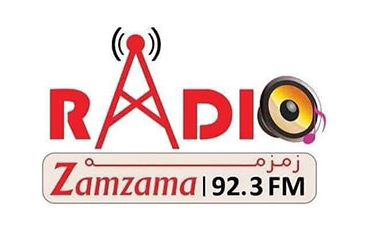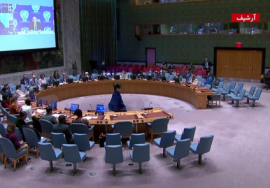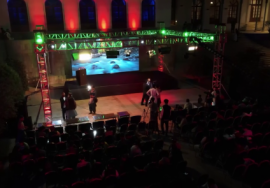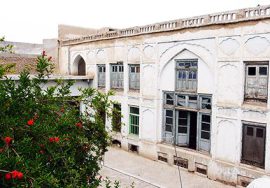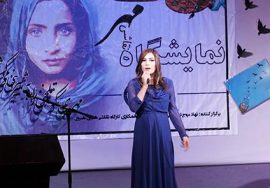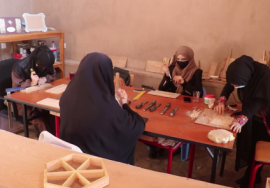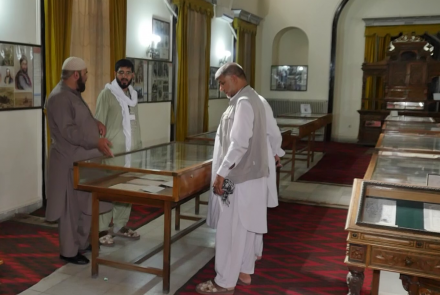
Feature: National Museum Displays Afghanistan’s Historical Treasures
Officials of the National Museum of Afghanistan said that dozens of citizens of the country visit the place every day.
Copies of manuscripts decorated with gold and lapis lazuli, historical documents, Shah Abdul Rahman Khan’s wardrobe, desks, and chairs, attract the attention of every newcomer.
“The documents that are kept here are decrees, the decrees of kings on different dates on different subjects, which are the original decrees; fortunately, they have been kept in the National Museum from that time until now,” said Humayoon Nekzad, head of the document section in the National Museum.
The National Museum building was constructed 130 years ago by Amir Abdul Rahman Khan as a guest house for his son Amir Habibullah Khan, and the place was made into the National Museum in the period of Mohammad Daoud Khan in 1352.
“We expect the same from information and culture, maybe we have suggested that they cooperate for our wealth, and also our compatriots — whoever has an ancient work, they should bring something they have to the museum for the sake of the richness of the Museum,” said Mohammad Haroon, an official of the National Museum.
Meanwhile, some visitors said the government should do more to protect ancient works and monuments.
“They should do more development, work more on the National Museum, and introduce everything to the people, We already went to the museum, I don’t know why they didn’t allow us to enter,” said Farhad, a visitor.
“We want to see the historical places that we don’t know about because all the things are here, but unfortunately there are good things here and the things we wanted to see in the National Museum, and nobody allows us to visit,” said Naqibullah, a visitor.
Based on the statistics of the officials of the National Museum of Afghanistan, more than 100,000 historical documents and historical pictures from various governments of the country, 9,000 manuscripts, and nearly 20 tables, chairs, and cupboards of Afghan kings are stored at the museum.
